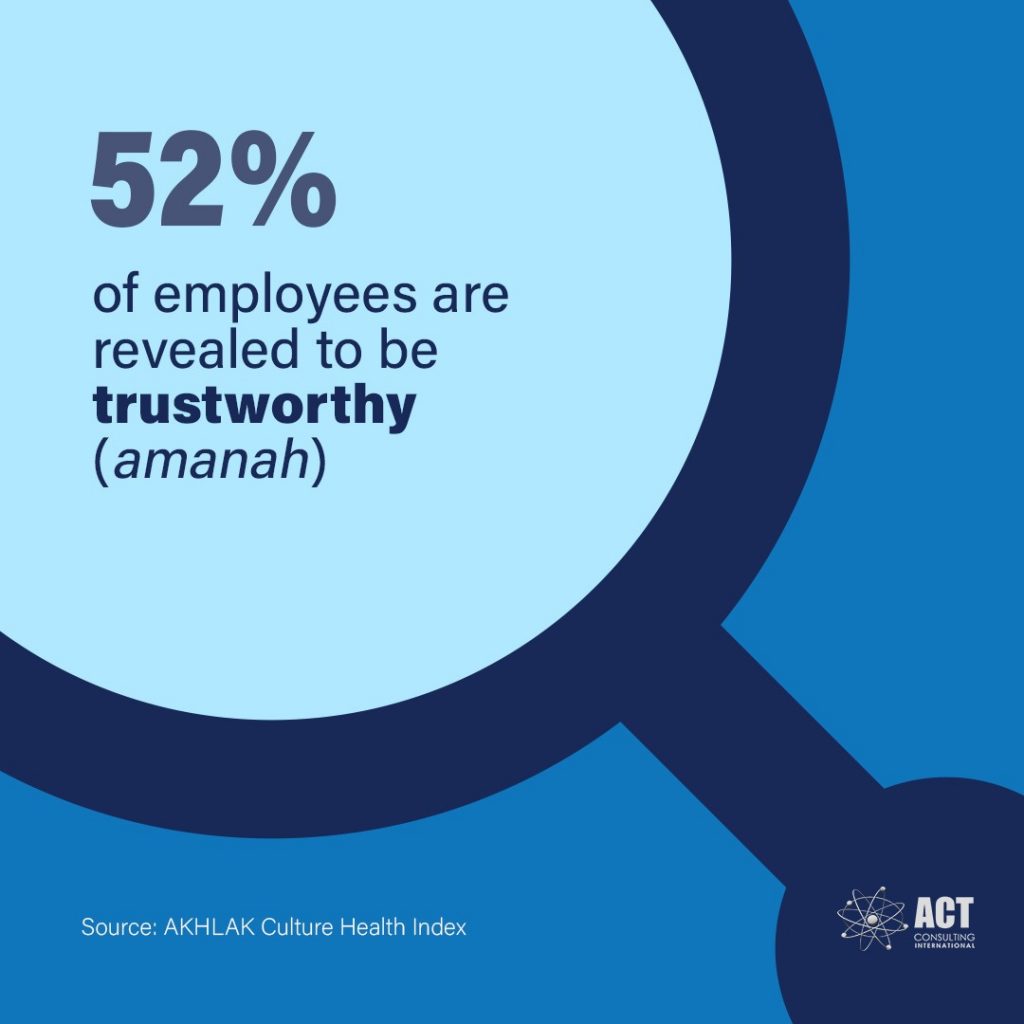
Trust is the foundation for almost everything we do as civilized people. It’s the reason we’re willing to exchange our hard-earned paychecks for goods and services, pledge our lives to another person in marriage, and decide who will represent our well-being. We depend on laws and contracts as safety nets, but even they are ultimately built on trust and the organizations that administer them. We don’t know whether justice will be provided if something goes wrong, but we have enough faith in the system, so we’re willing to risk dealing with relative strangers.
Trust is also one of the primary forms of capital a leader has. However, building trust often requires thinking about leadership from a different outlook. We all know the traditional leadership narrative is about you: your vision and strategy; your ability to make the difficult decisions and rally the team; your talents, charisma, and heroic moments of courage and instinct. But leadership isn’t about you. It’s about empowering other people with your presence and ensuring that your leadership’s impact continues into your absence.
The fundamental principle we’ve learned in dedicating our careers as a leader is to make organizations a better environment for employees. Your job as a leader is to build the settings for your people to develop their capacity and talent fully. And that doesn’t just apply when you’re in the trenches with them, but also when you’re not around and even when you’ve retired from the team. We call it empowerment leadership. The more trust you build, the more achievable it is to practice this kind of leadership. Based on our research, 52% of Indonesian employees regarded their company and leaders as trustworthy, which is a commendable job well done.
To achieve–and even improve–trustworthiness, where should we put our trust when it comes down to it? What should we trust? What makes a company trustworthy? What ensures the confidence of an employee towards their leader and organization? And how is trust built within a company culture?
The answer, we believe, lies in your company’s purpose.
Purpose differs from vision, mission, values, and principles. Most directional statements — like mission, vision, and values — have the organization as their focus. Mission focuses on what business the organization is in, vision talks of where the organization sees itself in a few years, and values describe all about the organization and its inhabitants.
However, a description of corporate purpose turns an organization inside-out. Purpose looks at the organization’s outside to inside outlook to consider the difference a business makes in people’s lives. The goal of a purpose statement is to add another dimension to an organization, changing it from a purely transactional system to a relationship.
If you’re crafting a purpose statement, you need to create a message that inspires your employees to do good work for you and find a way to express the organization’s impact on the lives of customers, clients, students, and patients you’re trying to serve. Make them feel it.
Certain pre-conditions must be met to avoid a corporate-purpose exercise being viewed by employees as a cynical joke. Leaders can begin a discussion of “purpose” with their employees to avoid skepticism and ridicule. Articulating corporate purpose is a positive intention, and knowing how a product or service impacts customers’ lives is touching for staff. But there are always challenges for leaders when crafting corporate purposes: Before you launch your purpose campaign, put your house in order. Fairness-check your senior-executive pay and employee wages and working conditions. Otherwise, your efforts might be met with a collective “you-must-be-joking” response.
At ACT Consulting International, we strive to be your best partner in culture transformation. With programs customized to your specific needs and requirements, ACT Consulting International provides you with a precise, quantifiable, and focused approach to transforming your corporate culture into a better leadership & people, business, and culture for your company.
Source:
- Frei, F. & Morriss, A. 2020. Begin with Trust. Retrieved from https://hbr.org/2014/09/your-companys-purpose-is-not-its-vision-mission-or-values
- Kenny, G. 2014. Your Company’s Purpose Is Not Its Vision, Mission, or Values. Retrieved from http://resources.magappzine.com/feeds/production/comboapp/537/media/89120/825641f5-ccd3-483e-b790-c1973851bb7d.html
- AKHLAK Culture Health Index 2022 by ACT Consulting
